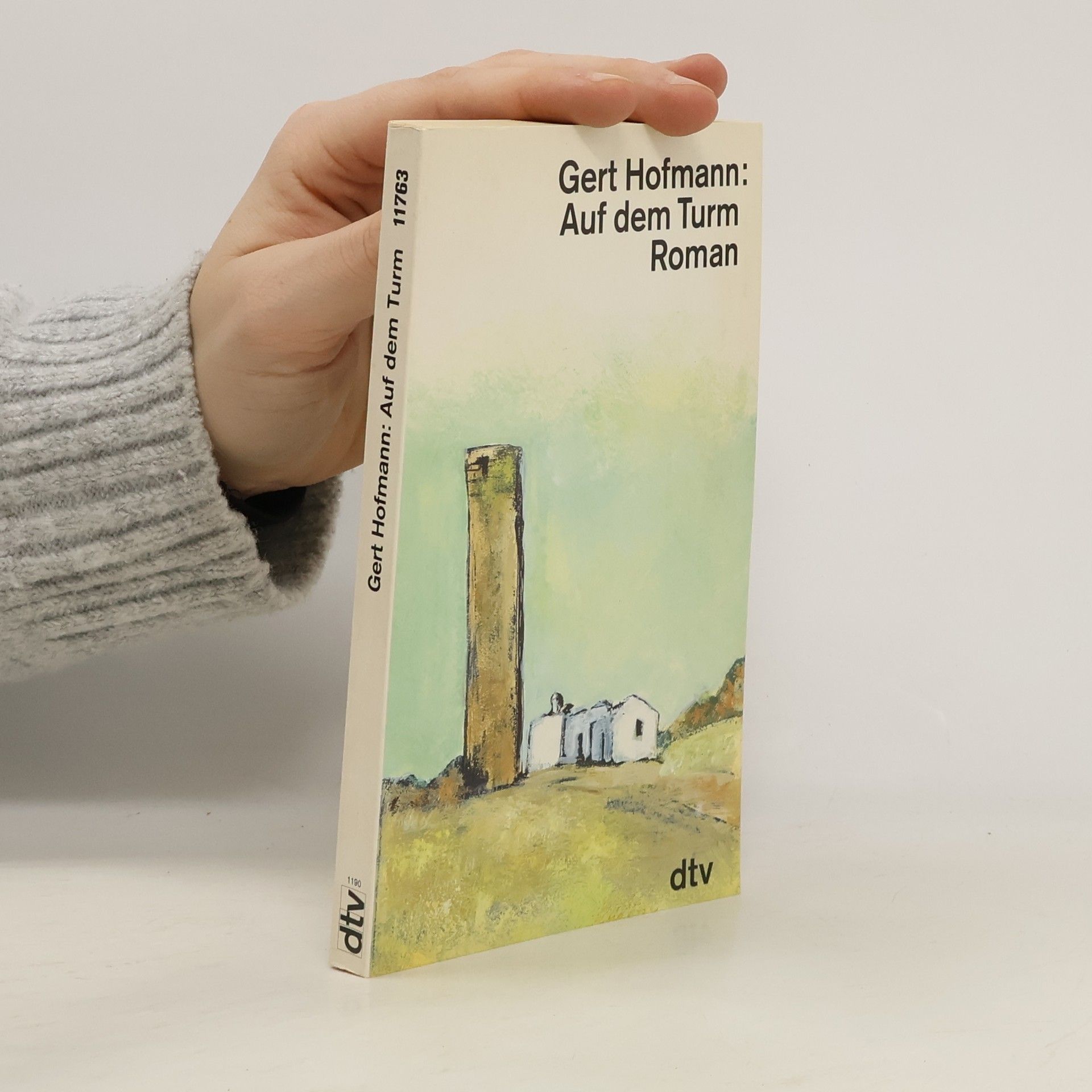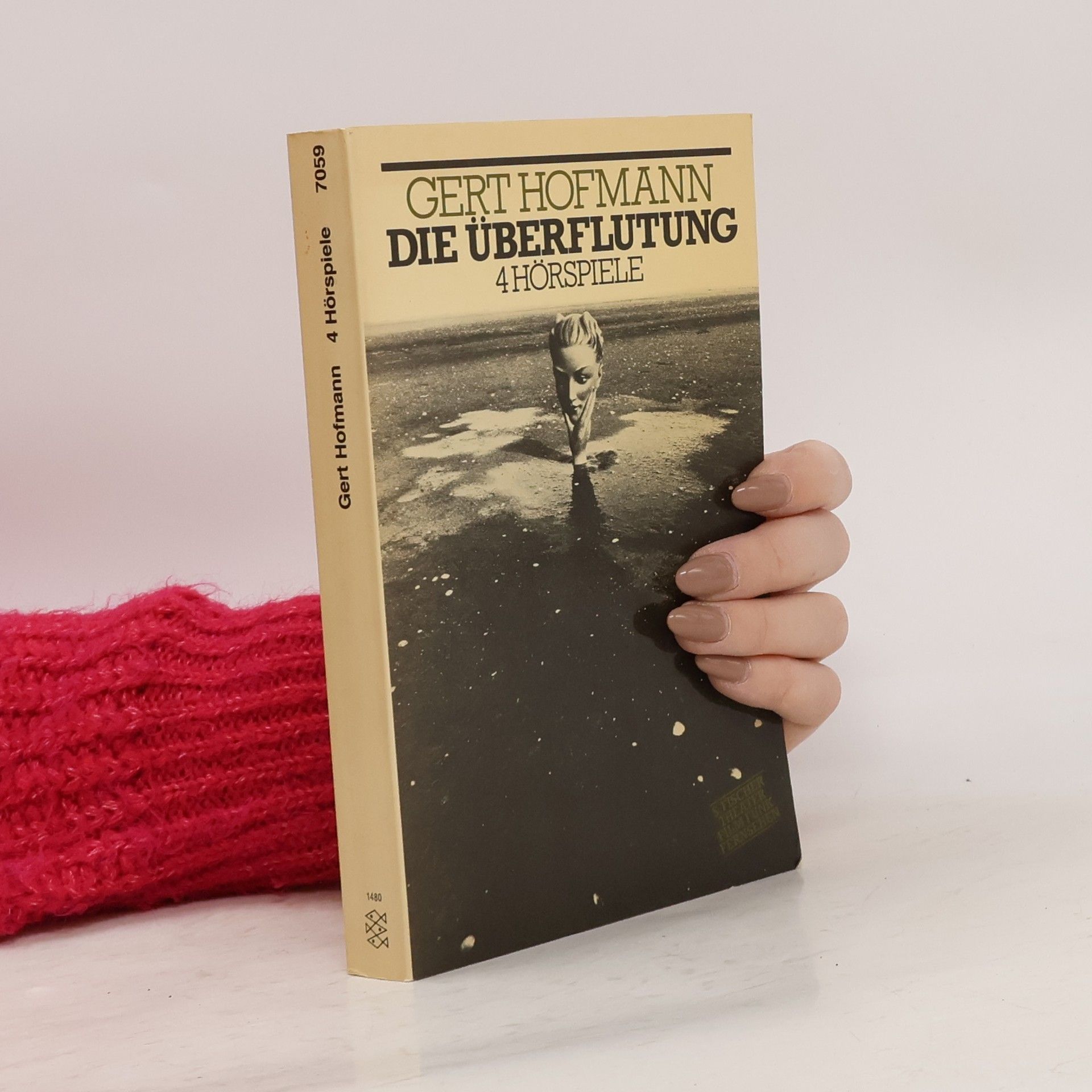Goethe, Nietzsche, Schopenhauer, Kierkegaard, Wittgenstein, Tolstoy, Einstein... all praised the writings of Georg Christoph Lichtenberg (1742-1799), a mathematician, physicist and astronomer by profession, and an aphorist and satirist on the sly. In Lichtenberg and the Little Flower Girl, novelist Gert Hofmann weaves a wondrous fictionalized tale of Lichtenberg's real-life romance with the model of beauty and sweetness, Maria Stechard, a flower seller he meets one day near his laboratory in Gottingen. The greater part of what I commit to paper is untrue, and the best of it is fiction! exclaims Lichtenberg, our hunchbacked hero. His daily life of wrestling with death, of electricity machines and exploding gases is plunged into new passion the day he encounters the little Stechard girl: Something is found that was lost for a long time. Soon he teaches her to read and write, she helps him keep house... and then? Colored with Lichtenberg's humorous, enlightening meditations on life, death, and everything in-between, Hofmann works a subtle magic in this unusual fable-of-awakening about the transience of human attachments and the resilience of the human spirit.
Gert Hofmann Books
Gert Hofmann was a German writer and professor. His work explored complex themes with a distinctive style, leaving a notable mark on German literature. He approached writing with a scholarly yet artistically driven perspective.
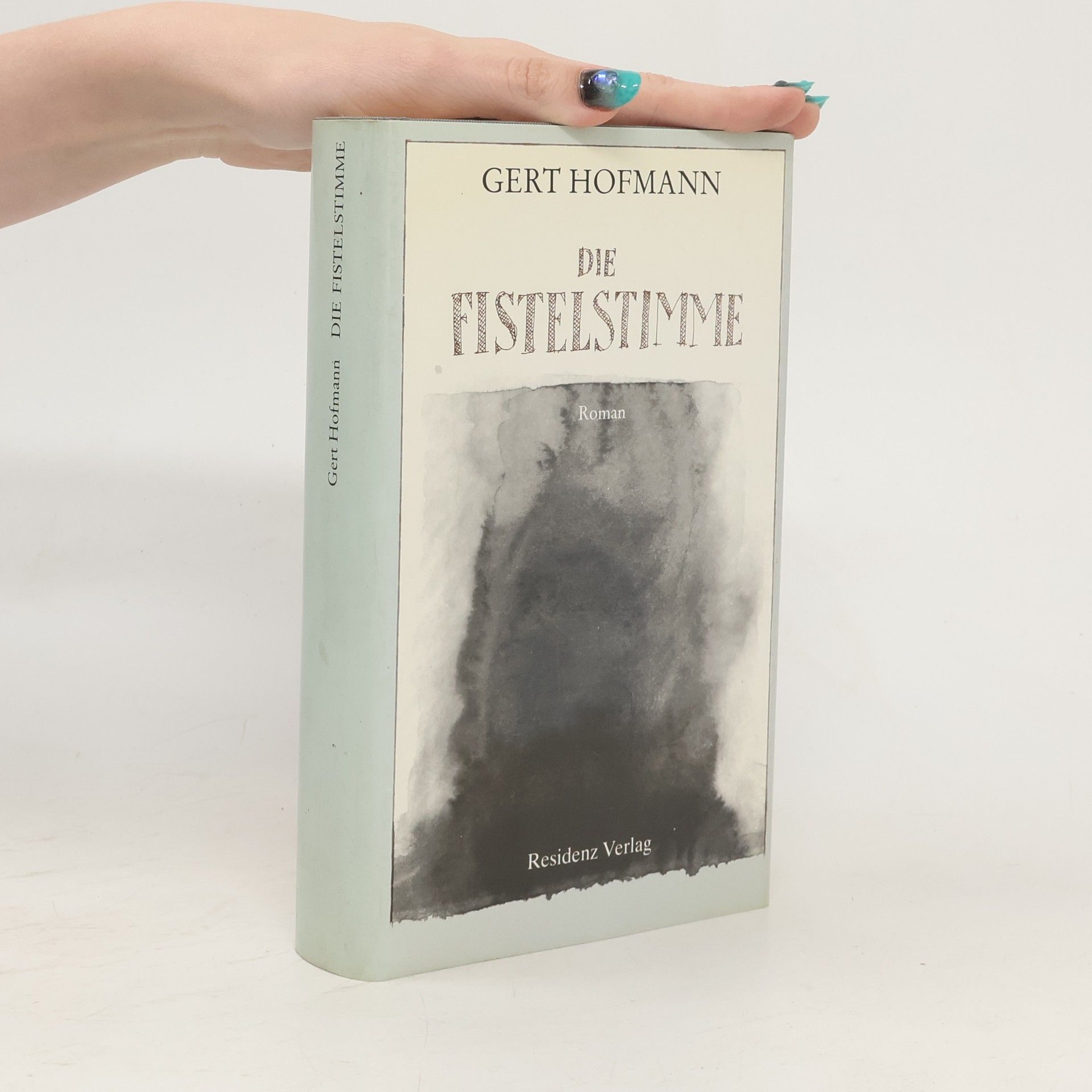
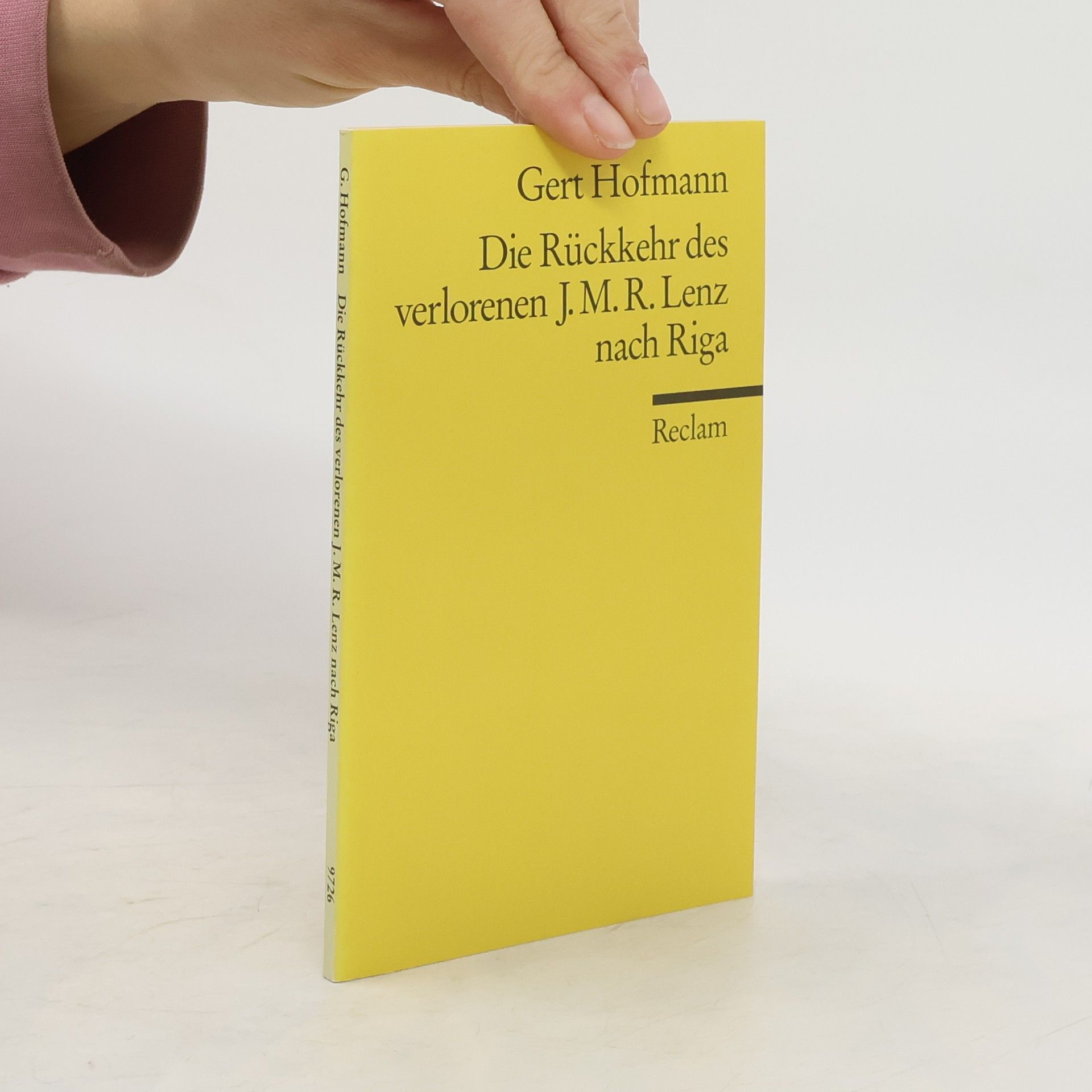
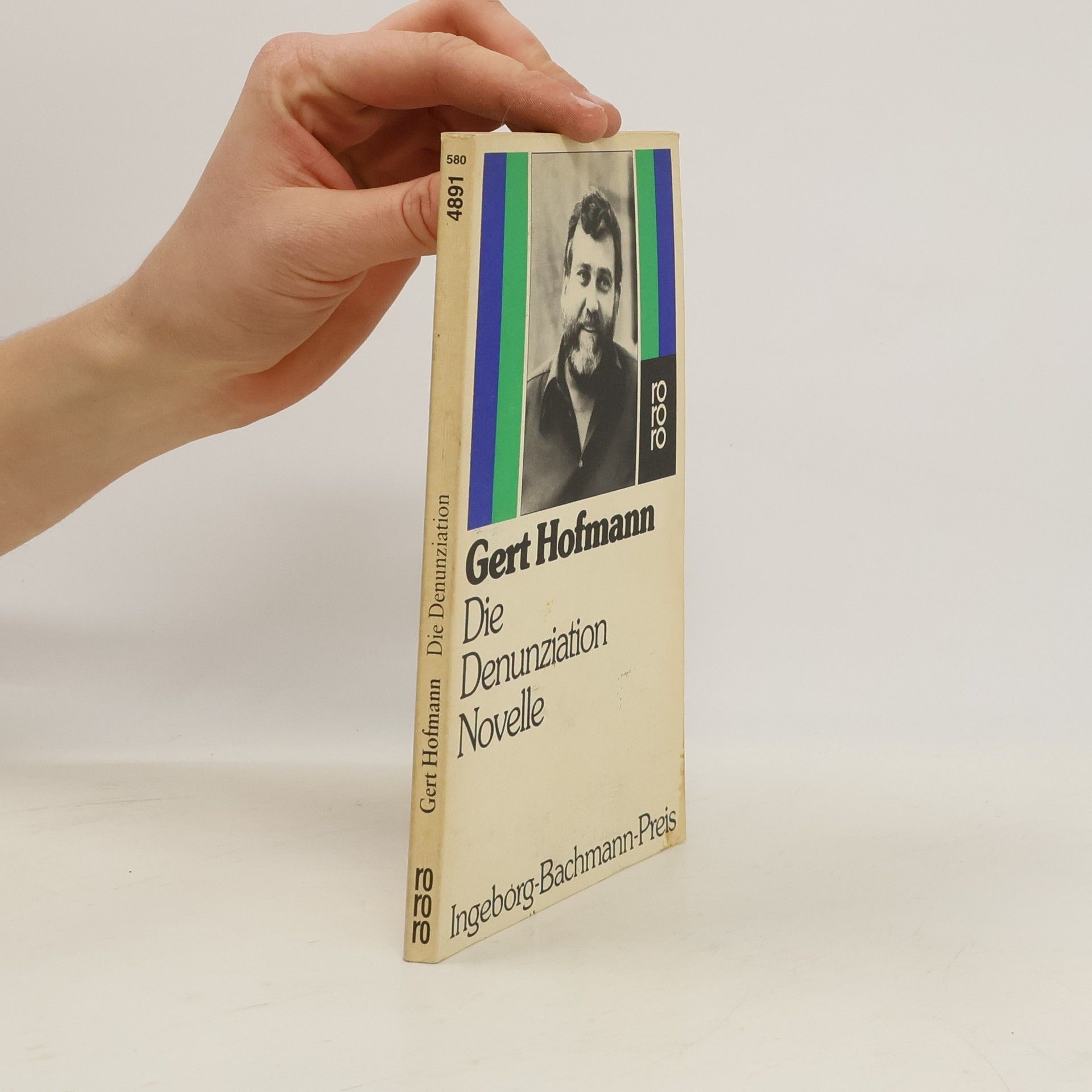
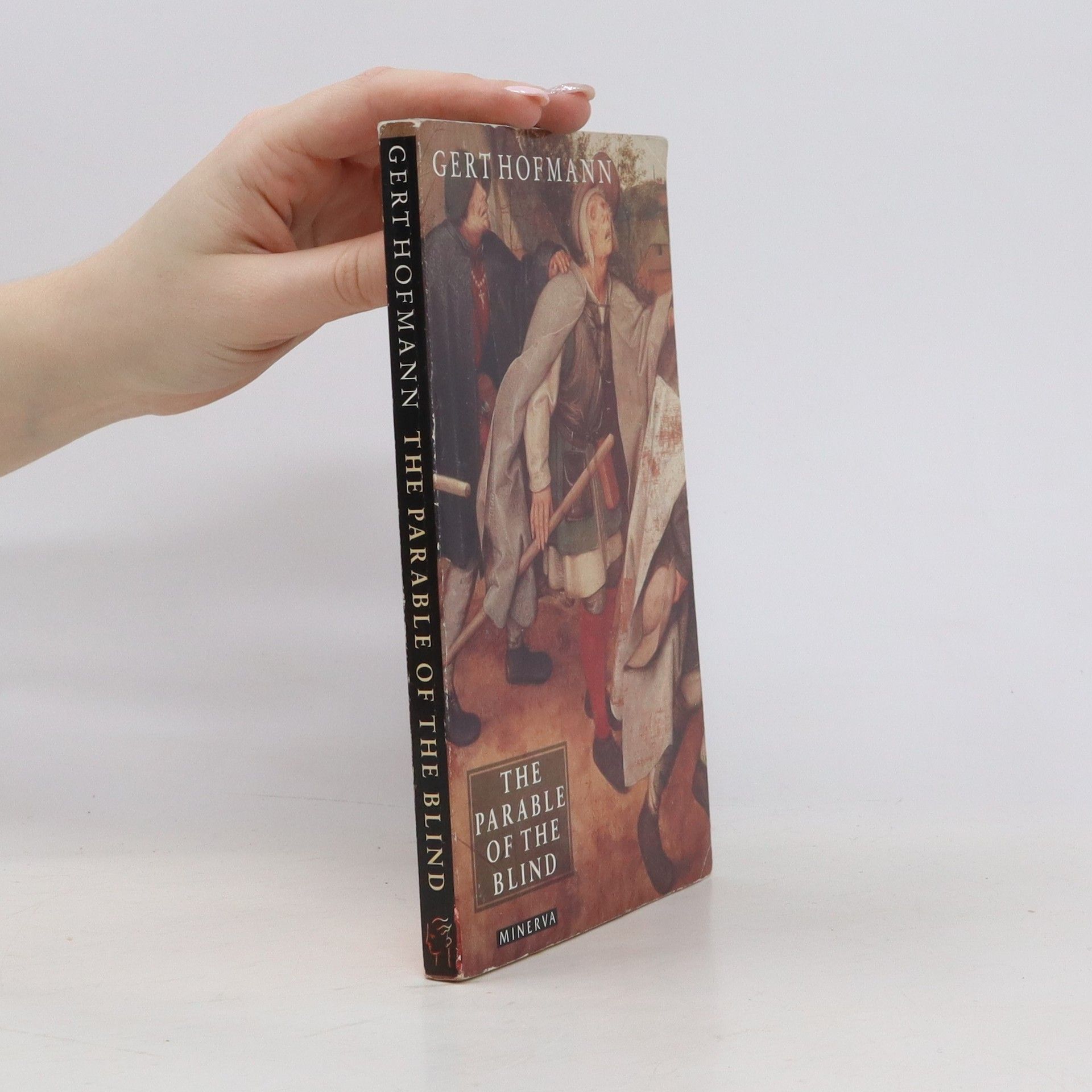

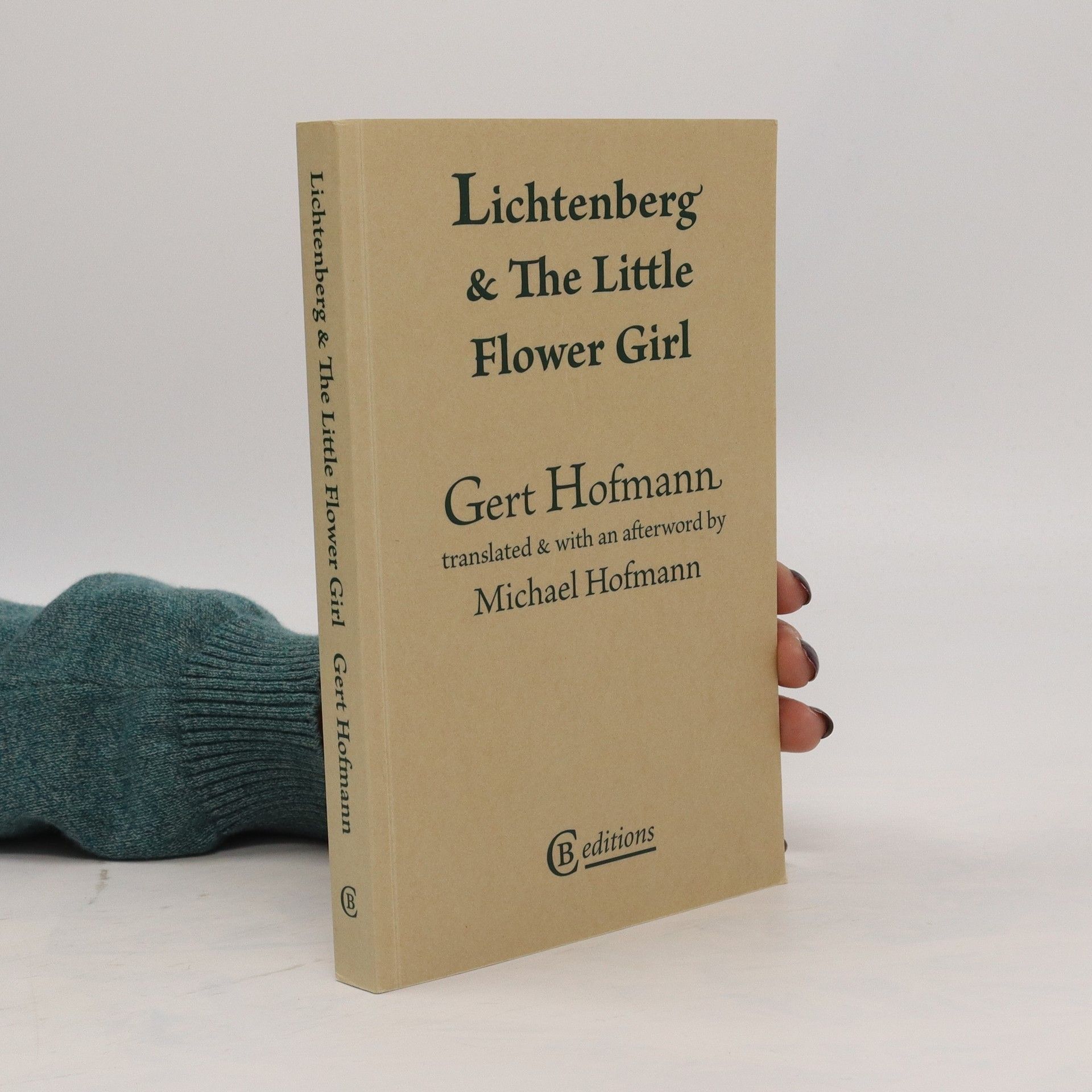
Veilchenfeld
- 145 pages
- 6 hours of reading
Set in late 1930s Germany, the narrative follows the elderly professor Herr Veilchenfeld, who faces humiliation and violence from a group of drunks, with police indifference marking the event as trivial. The story is narrated through the innocent perspective of a young boy, son of the attending doctor, who is unaware of the deeper implications of the events unfolding around him. This poignant tale explores the far-reaching consequences of persecution, affecting both individuals and their communities, and is a significant work newly translated into English.
The Parable of the Blind
- 160 pages
- 6 hours of reading
Inspired by Parabel der Blinden (1568), a painting by Netherlandish artist Pieter Bruegel, the novel tells the story of the work's creation from the point of view of the six blind men depicted in the painting. The story is recounted in the present tense, first person plural. The "we" that comprises the six blind men often seems to consist of one entity; however, most of the men have separate names and identities and will sometimes say or do things that distinguish them from the group.
Die Denunziation
- 92 pages
- 4 hours of reading
Vier Novellen, in denen vier Schriftsteller als Protagonisten auftreten: Lenz, Casanova, Balzac und Robert Walser. Nicht Neugier, sondern Anteilnahme und Wahlverwandtschaft haben Hofmann bewogen, mit Hilfe seiner Phantasie eine Summe aus seinen Erfahrungen mit den vier Genannten und sich selbst zu ziehen.
Auf dem Turm
- 216 pages
- 8 hours of reading
Für einen Tag und eine Nacht verschlägt es ein deutsches ehepaar in ein verödetes sizilianisches Dorf. Das Auto muss repariert werden. Maria ist schwanger, und ihr Mann will die Trennung. Die Ängste der Midlife-crisis plagen den Erzähler und seine Frau. In der verdorrten Todeslandschaft Siziliens wird ihre Ehe auf die Probe gestellt.
Gespräch über Balzacs Pferd
- 184 pages
- 7 hours of reading
Vier außergewöhnliche Dichter stehen im Mittelpunkt der vier Novellen: Jakob Michael, Reinhold Lenz, Giacomo Casanova, Honoré de Balzac und Robert Walser.
Das Vergessen lebenswichtiger Bezüge und das Nichtvergessenkönnen der Vergangenheit sind die polaren Grundthemen des allegorienreichen, literarischen Romans
